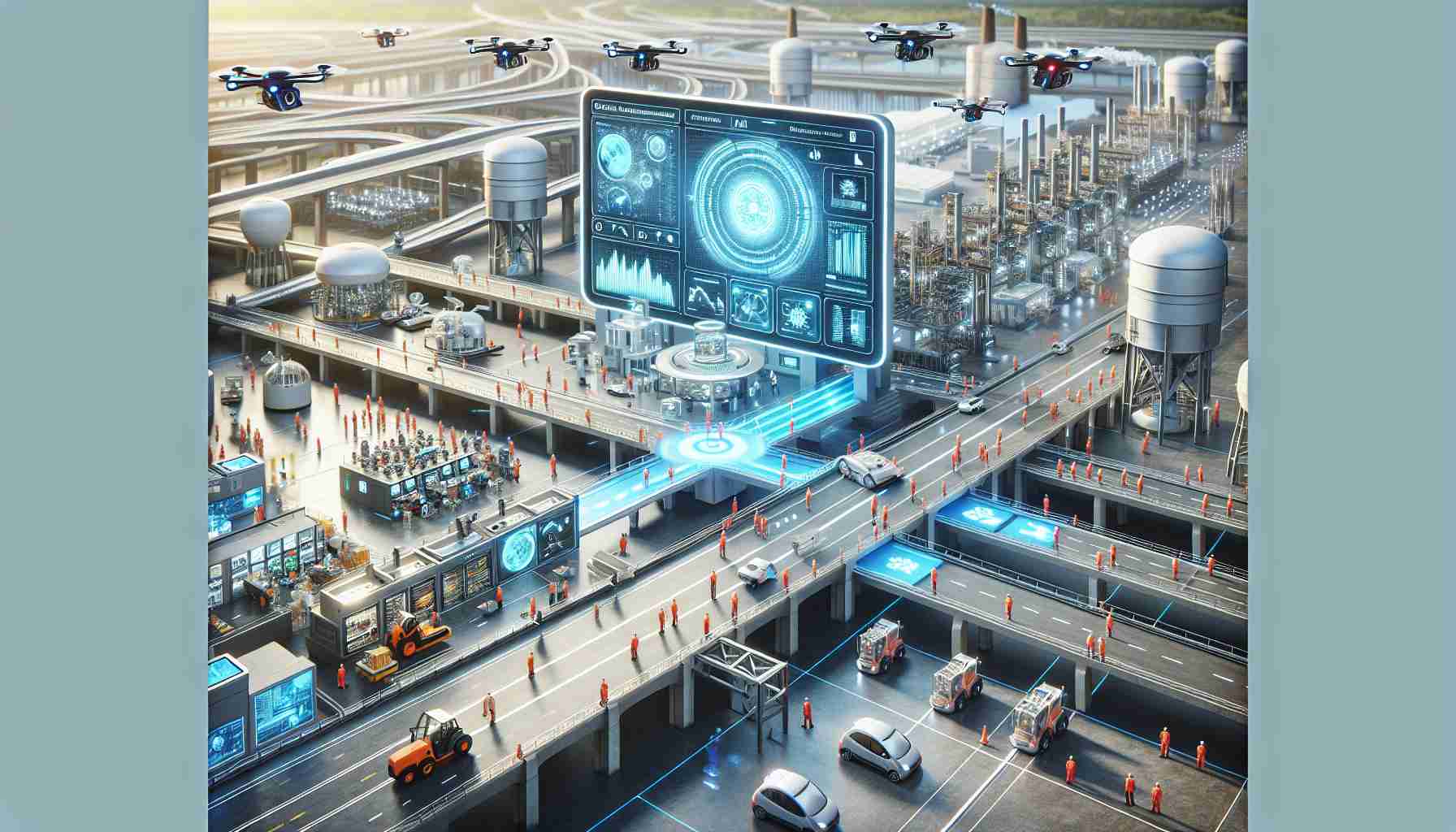A Major Shift in Infrastructure and Industrial Operations Through AI
Artificial Intelligence (AI) is poised to transform our daily lives and the way we work. At the core of these changes, a significant paradigm shift is expected in the management of infrastructure and industrial facilities. These insights were highlighted during the AI Day hosted by Acea Group, which featured discussions with industry giants such as Amazon, Google Cloud, Microsoft, and the successful Italian startup Datapizza.
Acea Embraces AI for Water Resource Management and Energy Optimization
Acea, Italy’s leading water utility serving around ten million people, has embraced AI to safeguard water resources through predictive maintenance and advanced remote control of their plants. Additionally, AI aids in optimizing energy consumption. Innovations already in implementation include robots for underground pipe inspection, AI and Machine Learning for water network districting, energy monitoring in waste-to-energy plants, and Rome Flex, an experimental project leading Europe in electricity distribution network flexibility within energy communities.
Industry Leaders on AI and Its Impact
Key figures from Acea, Google Cloud, Microsoft, and Amazon Web Services have underscored the transformative potential of AI, likening it to the revolution prompted by computers. These experts believe that managing and adapting these rapidly advancing technologies within companies will reshape industrial processes, improving not only operations but also the work-life balance. AI-based solutions implemented by Acea in recent years have significantly improved water resources protection, a crucial concern for both public health and the country’s industrial development amidst changing climate scenarios.
Integrating AI into the Infrastructure and Industrial Sectors
The integration of AI into infrastructure and industrial plant management is a notable development shaping current market trends. Across various industries, including manufacturing, transportation, and utilities, AI is being adopted to enhance efficiency, maintenance, and safety. By providing real-time data analysis and decision support, AI helps in proactive maintenance, reducing downtime and extending the lifespan of critical machinery and infrastructure.
Market Trends and Forecasts in AI Adoption
The global market for AI in industrial applications has witnessed significant growth. Industry experts forecast a continued expansion with compound annual growth rates projecting robust increases into the next decade, driven by a need for greater efficiency and data-driven decision-making. AI’s potential to catalyze a new era of industrial productivity cannot be overstated, with sectors like manufacturing, energy, and transportation at the forefront of this digital transformation.
Challenges in AI Implementation
Key challenges associated with AI in infrastructure and plant management include data privacy concerns, high initial investment costs, and the need for skilled professionals to interpret AI data and make critical decisions. Furthermore, there is a risk of over-reliance on technology, which might lead to vulnerabilities in critical systems if AI tools fail or are compromised.
Advantages and Disadvantages of AI in Infrastructure
The advantages of AI include improved efficiency, predictive maintenance, energy savings, and enhanced safety. However, disadvantages can not be overlooked. They include potential job losses due to automation, a digital divide between firms that can and cannot afford such technologies, and the possibility of AI systems behaving unpredictably if not designed or monitored properly.
Related Links and Resources
For further information on AI and its implications, readers might explore well-established industry and technology research sites such as IBM, a leader in AI solutions, or Gartner, which offers market insights and forecasts. Additionally, global initiatives and discussions on AI can be found on platforms like World Economic Forum.
Understanding and navigating the intricate landscape of AI in infrastructure and industrial management is essential as society embarks on this transformative journey, addressing its challenges, and capitalizing on its innumerable opportunities for sustainable and efficient industrial advancement.
The source of the article is from the blog queerfeed.com.br

